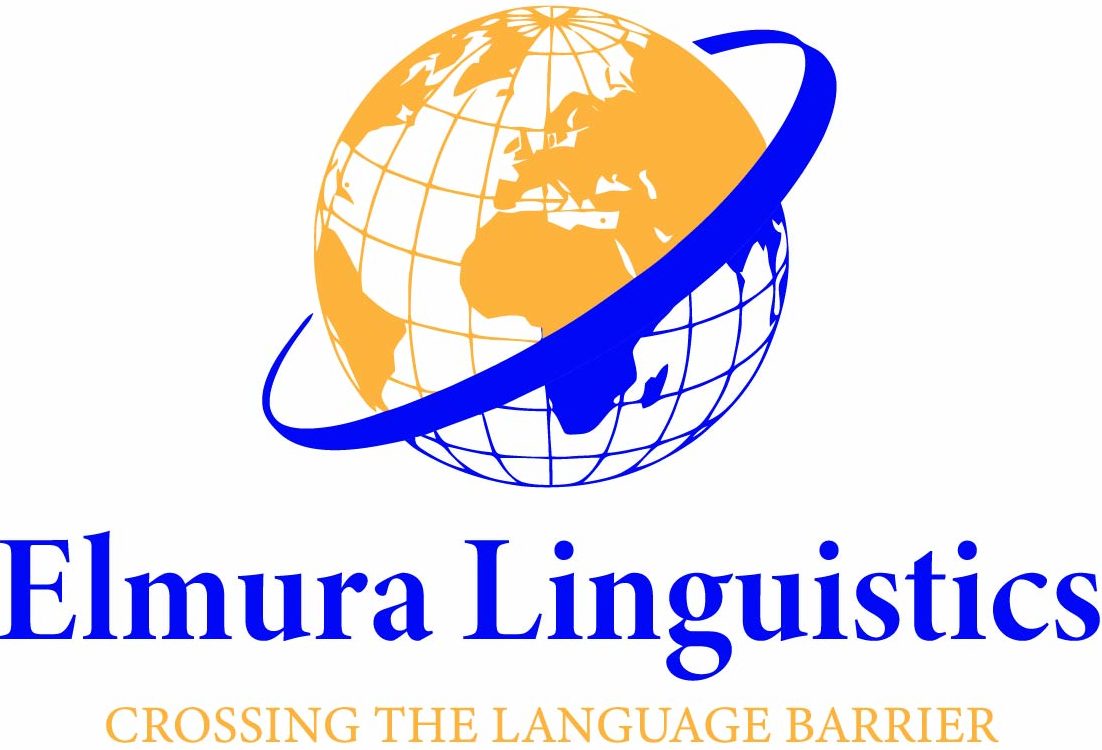English is spoken by over 1.35 billion people globally, making it one of the most influential languages on Earth. Yet, its roots trace back to a much smaller world – a cluster of dialects and early Germanic tongues. So when people ask “what language is closest to English?”, they’re really seeking to understand how English evolved, and what other languages feel most familiar.
Whether you’re a language learner, linguist, or just curious, this guide will walk you through the closest language to English – and several other languages similar to English that share its DNA, quirks, and cultural connections.
Table of Contents
ToggleKey Takeaways
- Frisian is the closest historical relative language to English overall.
- Scots is a strong contender due to mutual intelligibility.
- Dutch is easier than German and shares a lot with English.
- German is more distant but still part of the family.
- Icelandic is closest to Old Norse, but not to English.
The Closest Language to English is actually Frisian
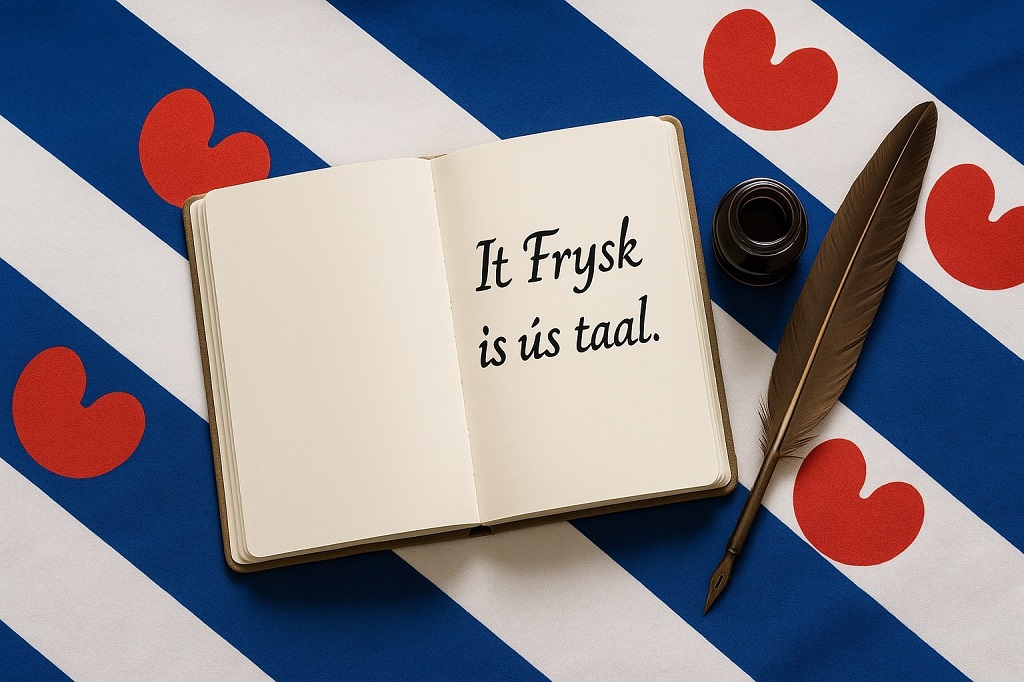
Frisian is spoken by approximately 450,000-480,000 people in the northern Netherlands and some parts of Germany. Though small in number, this language holds a big secret:
Frisian is the closest historical relative, but Scots is closer in mutual intelligibility and day-to-day similarity.
Both English and Frisian descend from the Anglo-Frisian branch of the West Germanic language family, which split off from other Germanic languages (like German and Dutch) thousands of years ago.
Why Is Frisian the Most Similar Language to English?
Frisian retains deep historical similarities with English, especially in vocabulary and sound changes, but modern Scots is generally more phonetically familiar to English speakers. Here’s how Frisian still shows its close relationship to English:
1. Shared Vocabulary
| English | Frisian | German | Dutch |
| bread | brea | Brot | brood |
| boat | boat | Boot | boot |
| cheese | tsiis | Käse | kaas |
Frisian retains many of the same root words as English. Unlike Latin-based or Slavic languages, it doesn’t just borrow vocabulary – it shares it.
2. Grammar Similarities
Both English and Frisian greatly reduced their case systems, though Frisian preserves more inflection than modern English (compared to German or Icelandic). Their sentence structure and verb use also evolved in parallel ways.
3. Sound System
Phonetically, Frisian sounds more like English than any other language. For instance, English and Frisian both changed the “k” sound in words like “cheese” (tsiis) and “church” (tsjerke), while Dutch and German kept the harder consonants.
Scots: The Mutual Intelligibility Champion
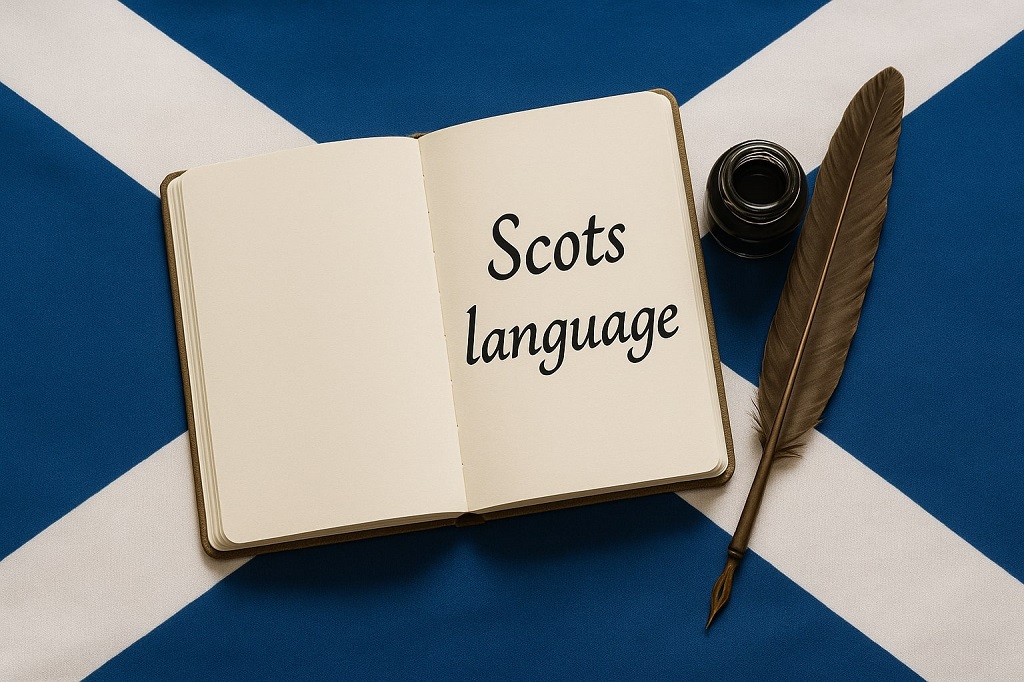
While Frisian is linguistically closest, Scots is arguably more accessible to modern English speakers. It’s spoken across Scotland and parts of Northern Ireland, with many Scots words and phrases being easily understood.
Example Phrases:
- English: I don’t know.
- Scots: Ah dinnae ken.
- English: It’s a nice day.
- Scots: It’s a braw day.
So if you’re wondering which language is closest to English in day-to-day understanding, Scots is a strong contender, particularly for native English speakers.
Dutch – The Overlooked Cousin
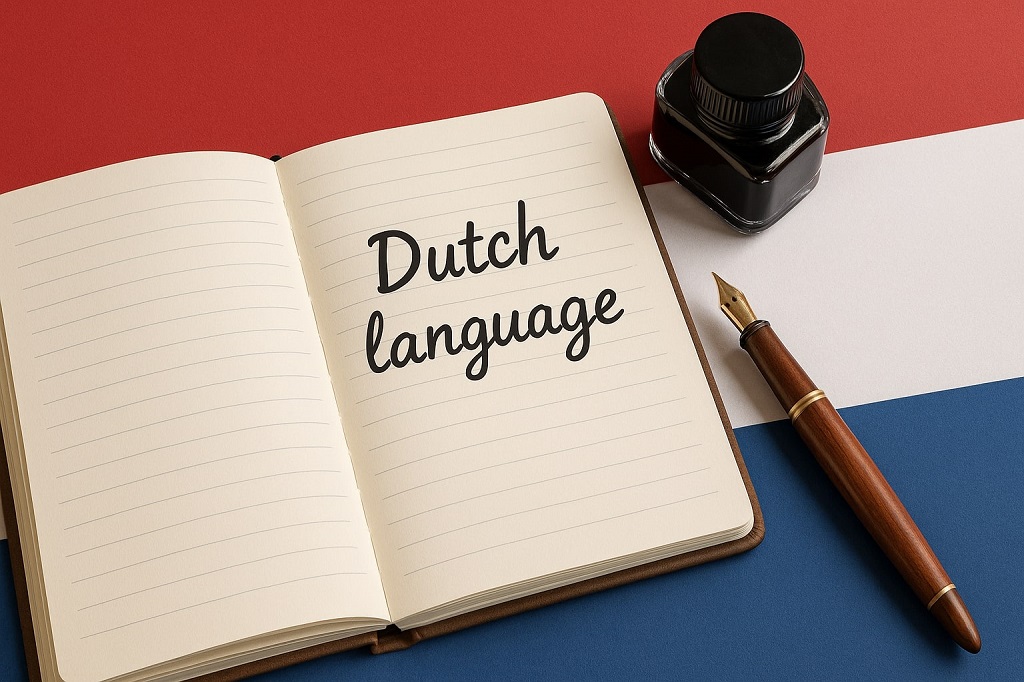
Dutch is often described as a halfway point between English and German. It shares the same West Germanic roots, and many Dutch words resemble English closely.
Examples:
- Water = water
- Apple = appel
- Book = boek
- House = huis
But Why Isn’t Dutch the Closest?
Even though Dutch and English share vocabulary, Dutch grammar and word order are more complex than English. Dutch also retains more gendered nouns and has less phonetic overlap with English than Frisian or Scots.
Still, if you’re looking for languages similar to English for learning purposes, Dutch is a top choice – especially since many Dutch speakers are already fluent in English and language learning resources are abundant.
How Similar Is German to English?
Both languages descend from Proto-Germanic, but English comes from the Anglo-Frisian subgroup, while German comes from the High German branch.
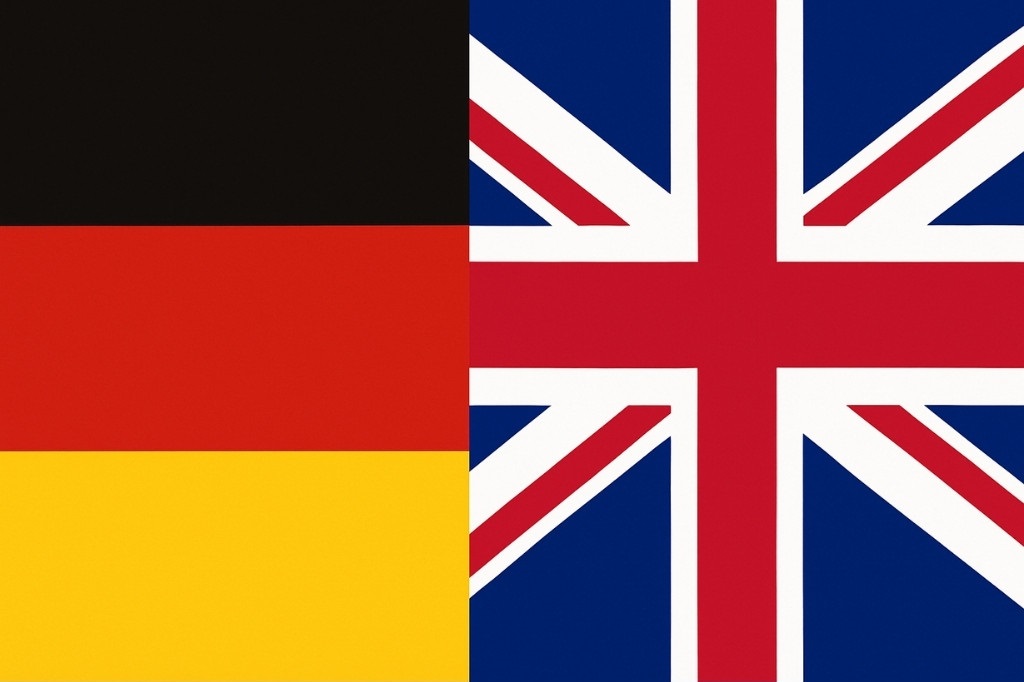
How German Is Similar:
- Shares basic vocabulary: house = Haus, water = Wasser
- Uses modal verbs: can = können, must = müssen
- Has strong verbs: sing/sang/sung = singen/sang/gesungen
How German Differs:
- Maintains four cases (nominative, genitive, dative, accusative )
- Uses three grammatical genders
- Sentence structure often places verbs at the end (e.g., “Ich habe das Buch gelesen” = I have the book read)
If you’re wondering how similar German is to English in practical usage, the answer is: not as much as you’d think – despite their shared ancestry.
What Language Is Closest to Old Norse?
Old Norse had a huge impact on English, especially during the Viking invasions of the 9th to 11th centuries. Many English words today come from Old Norse:
- They, them, their
- Sky, egg, knife
- Window, husband, law
But what language is closest to Old Norse today?
Icelandic
Icelandic has changed very little since the Viking Age. It preserves the grammar, vocabulary, and poetic tradition of Old Norse better than any other language.
However, despite English borrowing from Old Norse, Icelandic is not a language similar to English. The grammar is complex, and the vocabulary doesn’t overlap enough to be understandable without study.
However, English does share many Old Norse loanwords with Icelandic – sometimes even more than it shares with German in everyday vocabulary – so the overlap is greater in certain semantic areas than it may appear.
English’s Unique Linguistic Evolution
English didn’t just evolve from one parent language – it was shaped by layers of influence:
| Source Language | Impact |
| Proto-Germanic | Core vocabulary & structure |
| Old Norse | Everyday words and syntax (Viking Age) |
| Latin & Norman French | Legal, scientific, and abstract words |
This blend of influences makes English seem unique – but if you’re looking for the most similar language to English, you have to strip back those later layers and look at the roots.
Linguistic Tree of English and Its Relatives
View this post on Instagram
English vs. Other Germanic Languages
Here’s a deeper qulitative comparison to understand the languages similar to English in both heritage and structure:
| Language | Grammar Similarity | Vocabulary Overlap | Phonetic Similarity | Spoken Reach |
| Frisian | ★★★★★ | ★★★★★ | ★★★★★ | Low |
| Scots | ★★★★☆ | ★★★★☆ | ★★★★☆ | Moderate |
| Dutch | ★★★☆☆ | ★★★★☆ | ★★☆☆☆ | High |
| German | ★★☆☆☆ | ★★★☆☆ | ★★☆☆☆ | Very High |
| Icelandic | ★☆☆☆☆ | ★★☆☆☆ | ★☆☆☆☆ | Low |
How to Use This Info as a Learner
Are you learning a new language and want something close to English?
Here’s a breakdown:
- Easiest Transition: Dutch or Scots
- Most Fascinating Ancestry: Frisian
- Best for Grammar Lovers: German
- Historical Curiosity: Icelandic
Frisian may be the closest language to English, but Dutch and German are far more widely spoken – making them more practical for learners or travelers.
Frequently Asked Questions
Top languages similar to English include:
- Frisian
- Scots
- Dutch
- German
They all come from the same broader language family.
Final Thoughts
So, if you’re asking what language is closest to English, the answer depends on what you’re measuring – ancestry, grammar, or spoken similarity.
- If you want historical accuracy, choose Frisian.
- If you want day-to-day understanding, try Scots.
- For practical learning, go with Dutch.
- And for a challenge? Try German or Icelandic.
Every language in this article shares something with English – and by exploring them, you get closer to understanding English itself.
